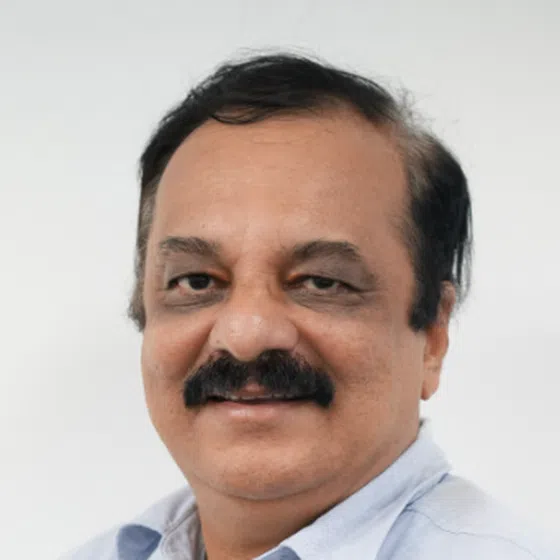Behind Mr Piyush Gupta’s high-profile role lies a deeply personal journey – one shaped by identity, loyalty and a commitment to make Singapore his true home.
He has lived in New Delhi, Jakarta, Kuala Lumpur and Singapore.
“My wife and I asked ourselves where we wanted to retire. And we agreed: Singapore.”
But it wasn’t just about getting a red passport.
“We had long conversations. Choosing to retire here meant committing to Singapore as our country – heart and soul. We went through a lot of soul-searching. These are not decisions to be taken lightly.”
For Mr Gupta, Singapore offered a platform to do more – to create impact beyond his own success. “Singapore punches above its weight globally. I felt this would let me punch above mine too,” he said.
Over time, Mr Gupta said, his identity evolved. “Hand on heart, when I started representing DBS on global platforms, I realised I wasn’t just an executive – I was representing Singapore. The Indian and Singaporean positions might differ, but I stood by the Singaporean stance. And I was never conflicted about that.”
One moment stands out vividly: watching a badminton match between Singapore’s Loh Kean Yew and India’s Kidambi Srikanth.
“And I was cheering for Kean Yew,” Mr Gupta recalled. “That was when I knew my emotions had shifted. Though in cricket, I still root for India – because Singapore doesn’t play at that level!”
His response to the question “Are you Singaporean or Indian?” is both nuanced and revealing.
“So, you know, there’s some parts of India you can’t erradicate from your system right? First of all, my extended family is there. Your memories are there. Cricket is still my favourite sport. Bollywood, Indian culture.
“But I also spent 35 years out of India. And in my 40s, I consciously made a decision to become Singaporean. Nothing to do with DBS.”
As DBS expanded into India, Mr Gupta faced criticism from some quarters for opening too many branches there, appearing with Indian icons like Sachin Tendulkar, and sponsoring the Indian badminton team.
“The India strategy wasn’t mine alone – it was board-driven,” he explained. “If you look 50 years ahead, you can’t just rely on city-states. Asia’s growth lies in markets like China, India and Indonesia. India had the digital infrastructure – Aadhaar, India Stack – which made it ideal for digital experiments. When pure digital didn’t work, we pivoted. We built a physical network, acquired Lakshmi Vilas Bank. That was a measured, multi-year, board-supported strategy.”
The results speak for themselves. “Our India business is now the fastest-growing part of DBS. The timing was right. Today, we have a real platform in India.”
Mr Gupta was also drawn into public discourse around the India-Singapore Comprehensive Economic Cooperation Agreement (CECA), which has been unfairly blamed for an influx of Indian professionals.
“Of course, it bothered me,” he admitted. “I looked into the numbers. In 20 years, fewer than 500 people came through that specific CECA clause. Most came through normal work permits. There’s a lot of political spin in the CECA narrative.”
Still, Mr Gupta didn’t dismiss the concerns entirely. Instead, he proposed tangible solutions regarding integration.
“It takes two hands to clap. And the truth is, many of the new Indians are creating their own ghettos. Whether it’s the Orchard Road ghetto or the Changi ghetto.
“But companies have a role too. At DBS, we created onboarding programmes with local buddies, orientation and exposure trips to encourage integration. I shared these ideas with the National Integration Council. It takes effort from both sides.”
Does he believe he has made Indians proud?
“From my LinkedIn following and the messages I receive, I’d say yes. I often speak at schools – to share career advice and my journey. Giving back matters.
“What matters more is being a source of pride for Singaporean Indians. They’ve done well in politics, law, public service. But corporate leadership was missing. If I’ve helped show that it’s possible for an Indian to succeed in business here, that’s deeply meaningful.”
He has made it a point to speak at community events – from Gujarati and Telugu societies to Sindhi and Tamil gatherings.
“I want to build aspiration. I want them to say, ‘If Piyush can make it, so can we.’ That’s the power of representation.”
“This is my home,” he said. “And I want to make it better – in every way I can.”


